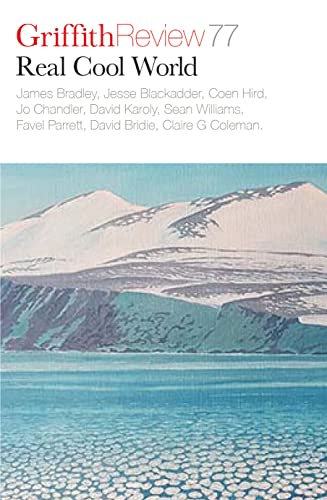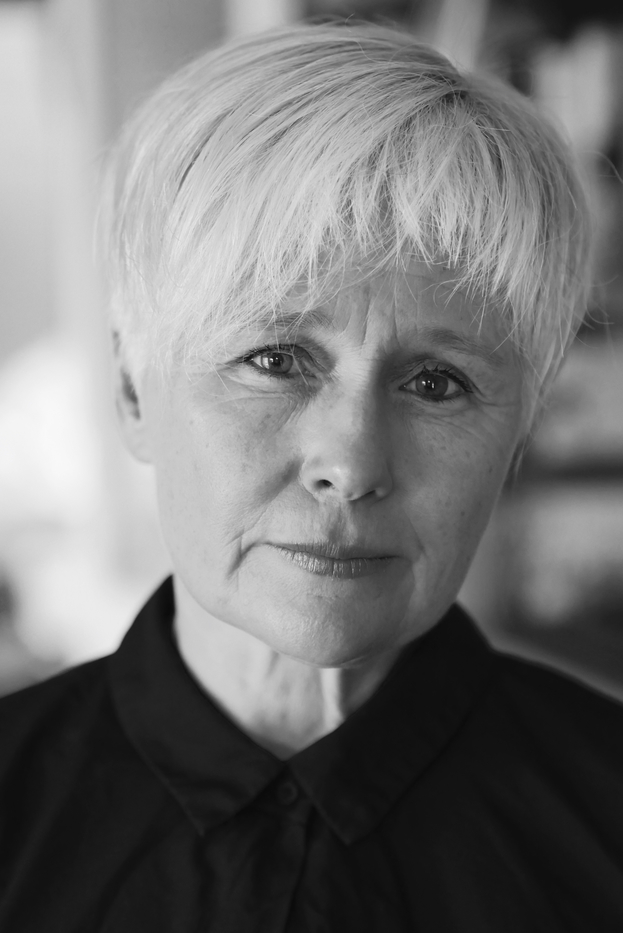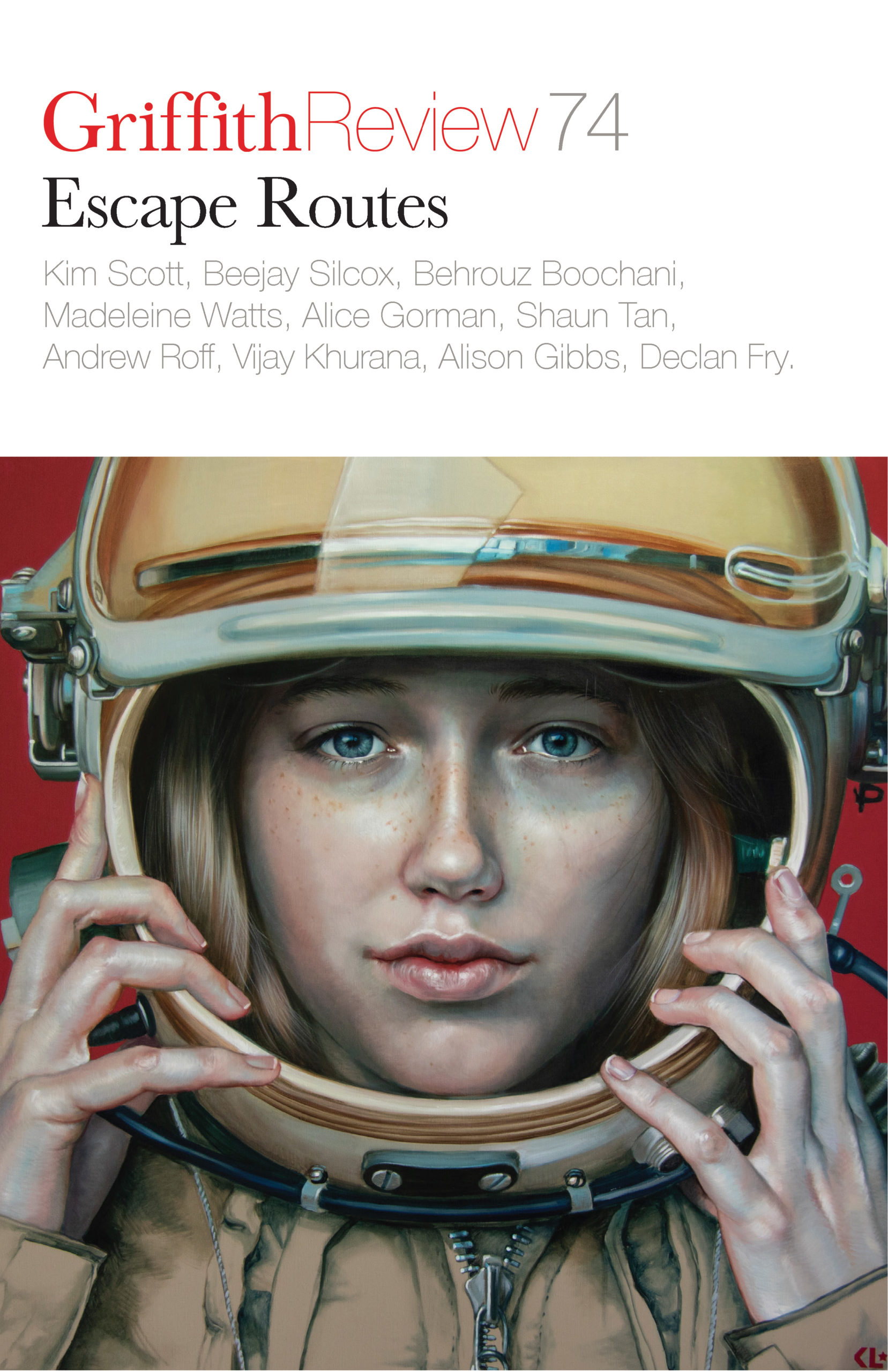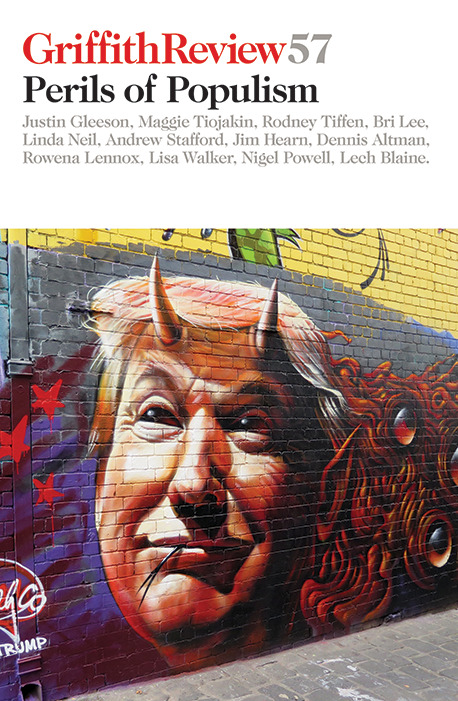
Part of Series
Griffith Review 77: Real Cool World explores Antarctica as both a place and a canvas for imagination. This vast, dry continent drives much of our global weather, a litmus test for change at the world’s extremities and a canary in the coalmine. Stories about this deep south illuminate much of the rest of the planet’s past and future, and they also create a space to play out human ideas of exploration, investigation, and fantasy; ideas of other places, differently managed, often unattainable – particularly with the recent pause in global tourism. Is this an isolated arena for collaboration and cooperation – or a landscape where harsher realities are always navigated and often realised? Overarching this space, the Antarctic Treaty has weathered sixty years since its first signing, transforming from a baseline of scientific freedoms and territorial co-existence to encompass broad swathes of environmental protection and ever-changing delineations in the world’s atlas of political relationships. What do these treaties mean now – for Antarctica itself, and for global ideas of governance – as geopolitical alliances and desires shift and change, as the race for new sources of resources heats up, and as the results of a changing climate and exceeded tipping points come into play? Featuring powerful and beautiful narratives from the worlds of glaciology and marine biology to geopolitics, fiction and more, this collection explores science and stories from the planet’s southernmost continent.
Author

Ashley Hay’s new novel, A Hundred Small Lessons, was published in Australia, the US and the UK and was shortlisted for categories in the 2017 Queensland Literary Awards. Set in her new home city of Brisbane, it traces the intertwined lives of two women from different generations through a story of love, and of life. It takes account of what it means to be mother or daughter; father or son and tells a rich and intimate story of how we feel what it is to be human, and how place can transform who we are. Her previous novel, The Railwayman’s Wife, was published in Australia, the UK, the US, and is heading for translation into Italian, French and Dutch. It won the Colin Roderick Prize (awarded by the Foundation for Australian Literary Studies), as well as the People's Choice award in the 2014 NSW Premier's Prize, and was also longlisted for both the Miles Franklin and Nita B. Kibble awards. Her first novel, The Body in the Clouds (2010), was shortlisted for categories in the Commonwealth Writers’ Prize and the NSW and WA premier’s prizes, and longlisted for the International IMPAC Dublin Literary Award. Her previous books span fiction and non-fiction and include Gum: The Story of Eucalypts and Their Champions (2002), Museum (2007; with visual artist Robyn Stacey), and Best Australian Science Writing 2014 (as editor)s A writer for more than 20 years, her essays and short stories have appeared in volumes including the Griffith Review, Best Australian Essays (2003), Best Australian Short Stories (2012), and Best Australian Science Writing (2012), and have been awarded various accolades in Australia and overseas. In 2016, she received the Bragg UNSW Press Prize for Science Writing.


